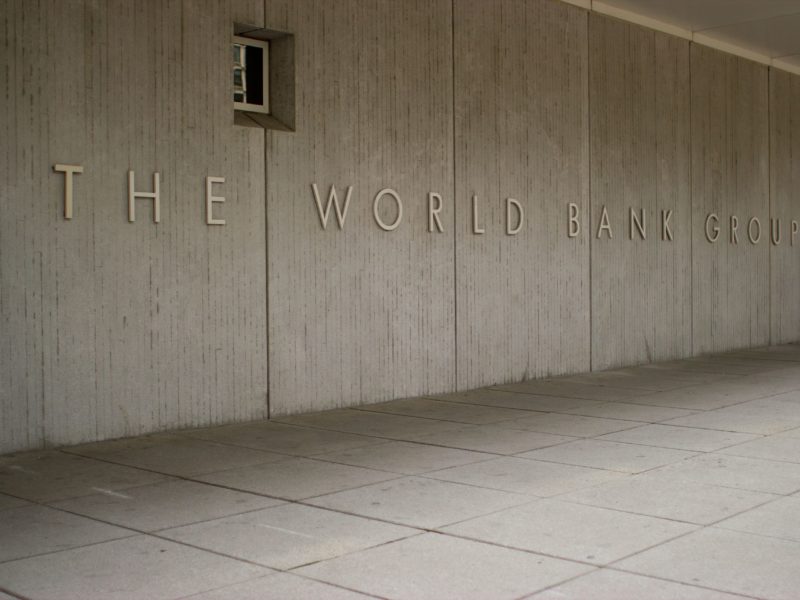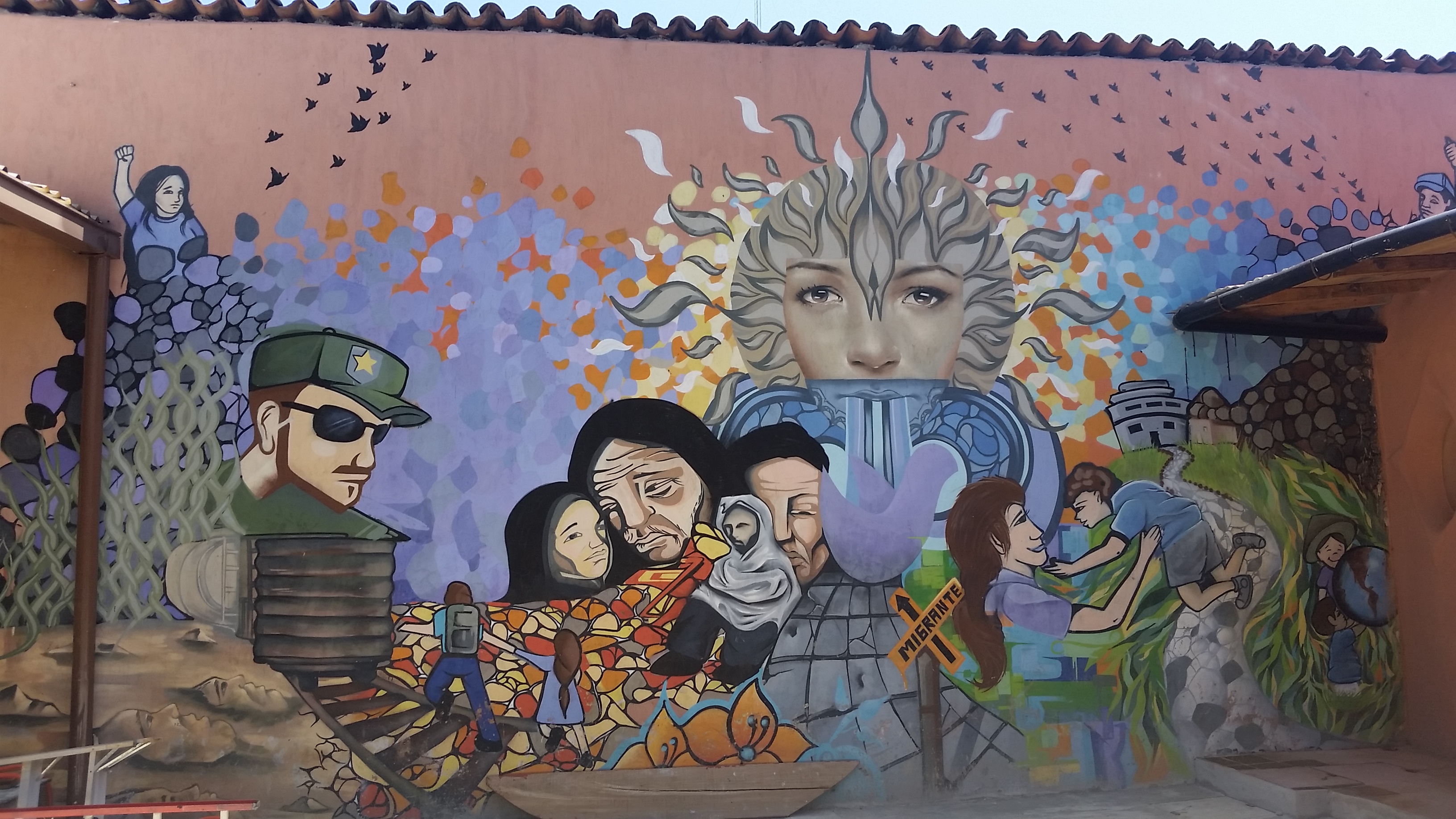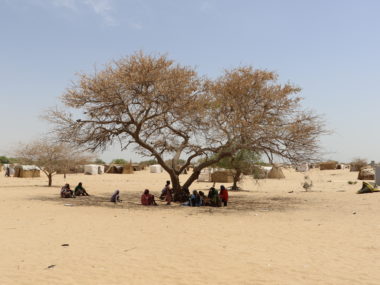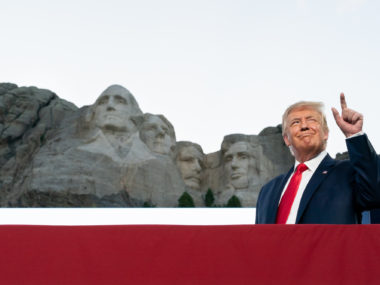Guest post by Richard Clark
International development organizations, which provide concessional loans and grants to help finance developing countries, often overlap with one another, performing similar tasks in similar countries. For instance, dozens of such organizations have offered COVID-19 relief to developing country member states. In one case, the World Bank approved a $95 million package for Uzbekistan to strengthen its medical systems in April 2020. The Asian Development Bank pledged another $1.1 billion to Uzbekistan over the last two years, and the World Health Organization doled out another $10 million in personal protective and laboratory equipment. Overall, 28 international organizations provide development assistance today.
These redundancies among international organizations can impede effective policymaking. Countries might leverage overlap among organizations to select the organization that will impose the fewest costs on them. After all, liberal institutions like the World Bank and International Monetary Fund often require economic reforms and improvements in areas like human rights in exchange for their financial support. This is why the US has consistently opposed China’s sponsorship of new international organizations that offer funds with fewer strings attached. Redundancies can also be inefficient if the institutions perform similar tasks in similar places instead of coordinating to distribute resources more evenly across needy areas.
One solution to this problem is cooperative pooling. International organizations can collaborate by pooling their financial resources and expertise, working in tandem to assist member states. This eliminates redundancies among organizations and prevents states from shopping around for better deals.
Yet such cooperation is not always easy to achieve. When are international organizations willing and able to pool resources and expertise? My research shows that the interests of powerful member states largely dictate whether international organizations pool or duel.
International organizations, especially those working in development, are often dominated by one powerful member state. The US for example, as the largest funder of the World Bank, possesses a veto over major policy initiatives; the Bank is headquartered in Washington, DC; and over a third of its staff members, as well as the organization’s president, are American. Russia possesses similar control over the Eurasian Development Bank, as does China over the Asian Infrastructure Investment Bank.
As a result of this control, the US need not intervene in the policymaking process at the World Bank to get its way. Instead, World Bank staff often select policies that align with the interests of the US government of their own accord. For instance, World Bank staff grant breaks to friends and allies of the US on the policy conditions they attach to loans; when countries vote more often with the US during important votes at the United Nations, they receive fewer policy conditions from the World Bank in difficult areas like government spending and institutional reforms and more conditions in softer areas like planning and reporting. This means that countries whose votes often coincide with the US at the United Nations, like Kiribati (45 percent) and Moldova (45 percent) may receive less stringent loans than countries like Pakistan (21 percent) or Niger (15 percent).
Staff may grant such breaks intentionally out of career concerns since the US dominates the institution’s leadership; Americans are much more likely to be promoted at the Bank even when performance does not merit advancement. Staff may also become socialized to pro-US views as they interact with US government officials and lobbyists in Washington. A former World Bank official that I surveyed put it succinctly, saying, “I confess to a Washington consensus bias.”
Such biases drive staff members in international financial institutions to pursue cooperative pooling unevenly with other organizations. In fact, my research shows that most cases of pooling occur between organizations whose most powerful member states are friends or allies. In these situations, staff members hold worldviews that are broadly consistent, and they are likely to trust one another. This smooths the negotiation of cooperative arrangements. As one former development official put it, “Information sharing must be on the basis of mutual agreement and friendship.”
In contrast, when institutions are led by rivals, they are unlikely to work together. Organizational staff are unlikely to trust one another, and their policy preferences might be quite different from one another. A survey respondent said the following on the matter: “In both Russia and China, development institutions not being an exception […] many of the financing decisions are made based on political interests.” Geopolitical synergies between powerful countries can smooth cooperation between international organizations, while rivalries can obstruct it.
This is potentially problematic given China’s preference for lending to developing countries without mandating policy reforms. If China offers cheap financing to countries through the institutions it leads, while the US insists on costly policy reforms, countries may prefer to take Chinese money, though recent work highlights other challenges stemming from Chinese development aid. (China’s projects in Africa, for example, often involve extractive industries, which can be politically contentious. Chinese aid has also been linked to corruption scandals, labor violations, environmental degradation, and public protest.)
Nonetheless, the World Bank has eagerly pooled its resources with the Chinese-led Asian Infrastructure Investment Bank in recent years, co-financing infrastructure projects in countries like Bangladesh, India, Georgia, and Pakistan. This is an important exception to the general trend of World Bank cooperation with development banks run by friends and allies. Cooperation with China may be attractive to the US and World Bank for several reasons. It may allow the World Bank to retain member state business by keeping states from shopping away to China. Pooling may also allow the US to monitor Chinese development operations from within.
However, several staff members from the World Bank expressed skepticism in interviews that cooperation between the Bank and China would last, pointing to the gulf that exists between the American and Chinese development models. Further complicating matters, President Biden has continued the previous administration’s tough line on China. Rising tensions between Washington and Beijing could spill over into the development realm, disrupting cooperation between the World Bank and China. If this is the case, competition between international institutions dominated by the US and China may define the next several decades of development financing, with implications for their form and effectiveness.
Richard Clark is a Postdoctoral Fellow at the Niehaus Center for Globalization and Governance at Princeton University. In Fall 2022, he will start as Assistant Professor of Government at Cornell University.







